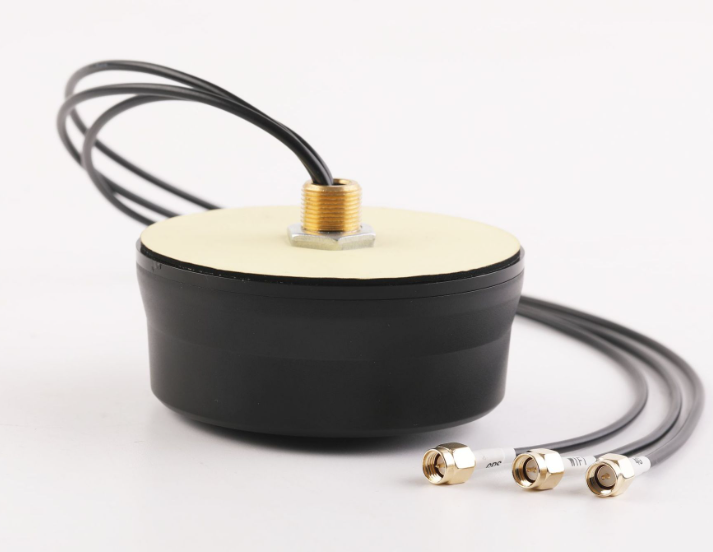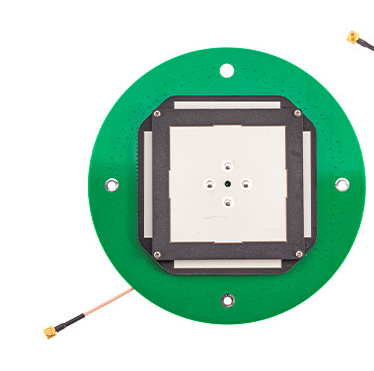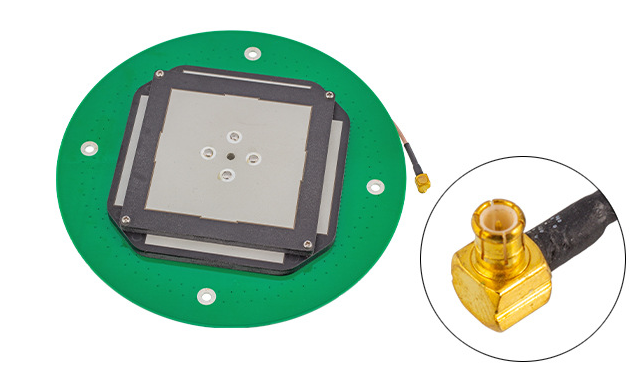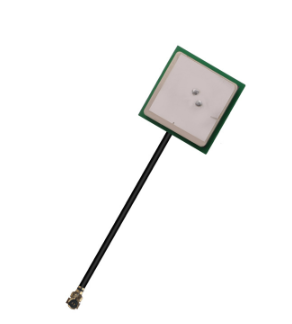Gps antenna test
With the wide application of Global Positioning system (GPS) technology, GPS antenna plays an important role in various fields. In order to ensure the positioning accuracy and performance of GPS equipment, it is particularly important to test GPS antenna. This paper will introduce the significance, method, process and matters needing attention of GPS antenna testing to help readers understand the key links of GPS antenna testing.
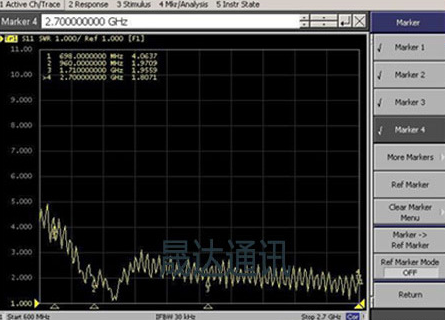
The significance of GPS Antenna Test
GPS antenna is a key component of GPS equipment to receive satellite signals, and its performance directly affects the positioning accuracy of GPS equipment. Testing GPS antenna can ensure the positioning accuracy, stability and reliability of GPS equipment in practical use. Through GPS antenna testing, it can also evaluate antenna gain, polarization, impedance and other performance indicators, which provides an important basis for the selection and use of GPS equipment.
The Test method of GPS Antenna
1. Site test
Site testing is a field testing method. By installing GPS antennas in an open site to simulate the actual use of the scene for signal reception testing, site testing can directly evaluate the performance of GPS antennas, including reception sensitivity, positioning accuracy, multipath effect and so on.
2. Laboratory testing
Laboratory testing is a method to test the GPS antenna in a simulated environment. By building a laboratory test environment and simulating different use scenarios and interference conditions, the performance indicators of GPS antennas are tested. Laboratory testing has the advantages of strong controllability and good repeatability, and can be tested according to specific indicators.
GPS Antenna Test flow
1. Select the test site or laboratory environment
According to the test needs to select the appropriate test site or laboratory environment, the site test needs to choose the open, unsheltered site; the laboratory test needs to build a test environment to simulate the actual use of the scene.
2. Prepare the test equipment
Prepare the necessary test equipment, including GPS antenna, signal generator, spectrum analyzer, vector network analyzer, etc., to ensure that the performance of the test equipment is good and meet the test requirements.
3. Install and connect the antenna
Install the GPS antenna in the test site or laboratory environment to ensure that the antenna is correctly connected to the test equipment and adjust the position and direction of the antenna so that it can receive enough satellite signals.
4. Set test parameters
Set reasonable test parameters according to the test requirements, including frequency, power, sampling rate, etc., to ensure that the test parameters comply with the relevant standards and specifications.
5. Test and record the data
Test according to the set test parameters, record the test data, and pay attention to observe the performance changes of the antenna, such as receiving sensitivity, positioning accuracy and so on.
6. Analyze the test results
The performance index of the antenna is obtained by processing and analyzing the test data, and whether the performance of the antenna meets the requirements is evaluated according to the test results, and suggestions for improvement are put forward.
Precautions for GPS Antenna Test
1. Select the appropriate test site and environment to ensure the credibility of the test results.
2. Prepare the necessary test equipment to ensure the good performance of the equipment.
3. In the process of testing, attention should be paid to safety to avoid accidents.
4. Test strictly according to the set test parameters to ensure the accuracy of the test results.
5. Carefully analyze the test results and put forward some suggestions for improvement to improve the performance of the antenna.
GPS antenna test is the key link to ensure the accurate positioning of GPS equipment. Through the combination of site test and laboratory test, the performance of GPS antenna can be comprehensively evaluated. In the testing process, attention should be paid to selecting the appropriate test site and environment, preparing the necessary test equipment, testing strictly according to the set test parameters, and so on. Through the analysis of the test results, the performance of GPS antenna can be improved. It provides a guarantee for the positioning accuracy, stability and reliability of GPS equipment in practical use.
